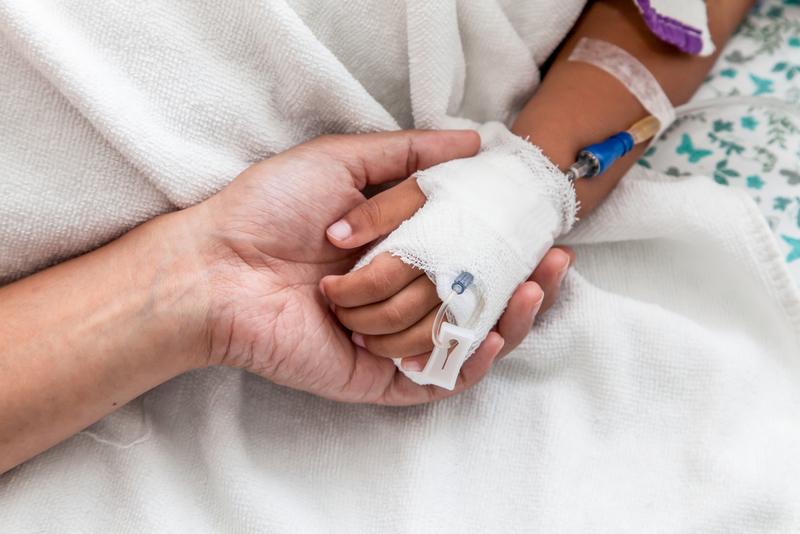Life-extending immunotherapy approved on NHS for children with neuroblastoma
Cancer Research UK News Jul 17, 2018

Children in England with high-risk neuroblastoma will now be offered a cancer drug that could extend their life.
Final recommendations from the National Institute for Health and Care Excellence (NICE) mean children over the age of 12 months, who have responded to previous treatment, but have a high risk of their cancer coming back, will be given the immunotherapy drug dinutuximab beta.
Neuroblastoma is a rare type of cancer that mainly affects children and young people. And studies suggest that dinutuximab beta can improve survival.
The drug can boost survival
NICE confirmed that there was still "uncertainty around the long-term clinical benefit" of the drug, but that the potential survival gain by taking it was substantial.
Previously, NICE said dinutuximab beta was too expensive for use on the NHS. But an agreement was reached with the pharmaceutical company who makes the drug, so it could be made available at a discounted price.
Rose Gray, Cancer Research UK’s policy manager, said the decision from NICE was great news for many children with neuroblastoma and their families.
“It’s great to see NICE, NHS England, and the company working together, finding a way to make this drug routinely available on the NHS.”
Professor Pamela Kearns, a Cancer Research UK-funded pediatric oncologist from the University of Birmingham, said the approval “will give hope to families with children diagnosed with this difficult disease.”
Combining the drug with chemotherapy can “prolong the time they are free of disease,” she added.
How does dinutuximab beta work?
The drug is a type of immunotherapy. It works by sticking to a molecule on the outside of neuroblastoma cells and flags them to the immune system so they can be destroyed.
“By harnessing the body’s own immune system, dinutuximab beta has shown it can target and attack this cancer very effectively in some patients,” said Dr. Juliet Gray, a pediatric oncologist from the University of Southampton. “For some children, this could mean extra weeks or months with their families, for others it may even lead to them becoming cancer-free for a long period of time.”
-
Exclusive Write-ups & Webinars by KOLs
-
Daily Quiz by specialty
-
Paid Market Research Surveys
-
Case discussions, News & Journals' summaries